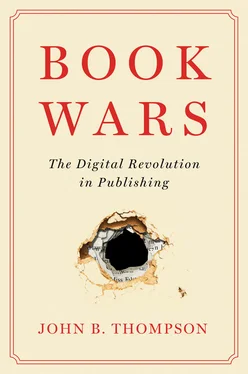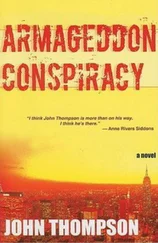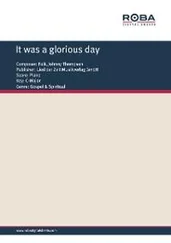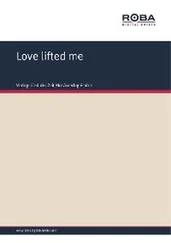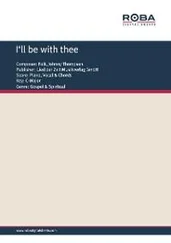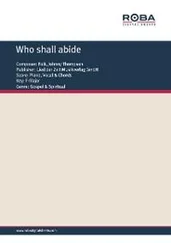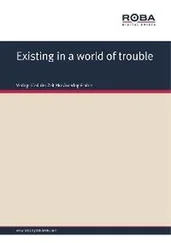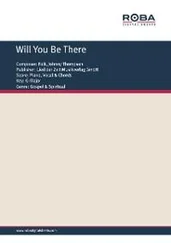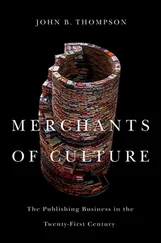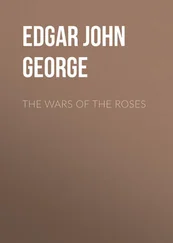This one worked. ‘It followed a very traditional kind of app sales curve’, explained Steve, the project manager at Phantom. ‘Huge initial spike and then a long tail of ongoing sales. So we sold 15,000, 20,000 in the first couple of months, and then a similar amount again over the next couple of years.’ In total, the app sold around 35,000 copies, about half of which were in North America, a quarter in the UK and a quarter in the rest of the world. ‘Everyone involved made money, which was a huge surprise’, added Steve. It’s easy to see why Steve said that – the maths are simple. Once you’ve taken off Apple’s 30 per cent commission, the net revenue is around £230,000, or $360,000. With production costs pegged at £40,000, this app was a resounding commercial success. What explains its success?
Steve’s answer is that of a software engineer who was focused on the user experience:
A lot of apps at the time did things because you could, not because you should. The process of picking up a book and getting lost in it was missing from them. They had lots of ‘look at me moments’ – press this, hit that. One of our guiding principles was that when you pick up a book and start to read, the interface disappears – you’re just lost in the content. So we wanted to apply that to the digital book, and I think we did that in a smart way. I felt like we managed to blend light-touch animation and textual content and make a serious scientific work that was still a book reading experience. It wasn’t a game, it wasn’t really an app, it was a book.
While there is undoubtedly some truth in Steve’s explanation, the stylish technical design and smooth interface of the app are only part of the story. A good part of the app’s success can almost certainly be attributed to factors that are linked more directly to traditional aspects of trade publishing: release of the app to coincide with the publication of the print edition of the book; a large marketing budget for the book and the app together, and an intensive promotion campaign by the publisher; and an author with a high international profile and a strong track record of successful trade books. While the app was a very innovative product that built upon but went well beyond the printed book, its success was attributable in part to the traditional structures and processes of the publishing industry – take away those structures and processes, release this as a standalone app without a simultaneous book publication and the marketing budget and promotion campaign that went with it, and it might well have performed less impressively.
As these two examples show, much of the activity in this area is what we could describe as hybrid publishing – that is, a traditional trade publisher, whether a small cutting-edge indie or a large corporate house or something in between, experimenting with innovative forms of publishing by commissioning the development of an app, to be released either as a standalone product or as an ebook in which text taken from a printed book is reworked, enhanced and/or supplemented in various ways. In hybrid publishing of this kind, innovation is heavily dependent on traditional book publishers who are seeking to experiment with digital publishing forms, explore new possibilities and test the market to see if there is sufficient uptake to justify further investment. The app developers can play a crucial role in conceptualizing the way that the app is built – they know what can be done from a technical point of view, and they will often pitch their ideas to the publisher. But, ultimately, the initiative in these cases is being taken by the publisher, which is funding the development and paying the developers either a fixed fee or a share of the revenue (or, in some cases, a mixture of the two). Without the initiative from the publisher and its willingness to invest in experimental forms of this kind, these hybrid forms of publishing would not exist.
So is it worth it from the publisher’s point of view? From a strictly financial point of view, the experience of most publishers has been decidedly mixed. There have been some notable successes, like the one described above – and some apps have done even better than this, selling 100,000, 200,000 copies or more. But for every success of this kind, there are many apps where the sales have been disappointingly low. Sales in the hundreds or low thousands are not uncommon. In the light of low sales and downward pressure on prices, there were many within publishing houses who questioned the wisdom of developing apps and enhanced ebooks of this kind, especially when it was a matter of taking a pre-existing narrative text and adding digital supplements of various kinds. Evan Schnittman, then Sales Director at Bloomsbury, summed up the reservations of many when he said, at the London Book Fair Digital Conference in 2011, ‘The idea of innovating on the immersive narrative reading process is just a nonstarter.’ 6Schnittman may well have been right about that when it comes to straight narrative text: in many cases, it’s not clear that there is much to be gained by taking a pre-existing text, adding audio-digital supplements of various kinds and seeking to turn it into something else in a digital medium. But there are other categories of book, such as cookbooks, travel books and children’s books, where there may be opportunities of a different kind for digital innovation. And there is no need to take a pre-existing narrative text as a starting point. Why not set aside our preconceptions about what a book is, start with a clean slate and see what happens?
Re-inventing the book as app
Touch Press was housed in a small, two-storey building in Warple Mews, a quiet cul-de-sac on an old industrial estate in west London. The factories are now silent and many of the buildings have been converted into office spaces for small businesses and start-ups of various kinds. Touch Press had two units in Warple Mews – they owned one and rented the other, and they’d knocked a hole through the wall so that the units interconnected. It was a compact space for thirty employees. Mostly open plan, there were rows of desks with programmers working on Macs, and at the far end of one room there was a meeting space with a large oval table and a generous skylight, closed off from the rest of the room by a glass screen and door. Touch Press earned a reputation as a high-end app developer – the Rolls-Royce of the app world. But they didn’t think of themselves as an app developer: they thought of themselves as a publisher, and they thought of what they made as books. ‘If you say “app developer” to someone, they think of a purely technical company that is brought in by a publisher to turn a book into an app, and we’re clearly not in that business’, explained Max Whitby, one of the founders of the company. He continued:
We’re trying to create something which is a thing in itself. I also think that a lot of what is associated with thinking of oneself as a book publisher is critical to the success of what we make. So you want an author with a voice, and we give them a medium in which to express themselves, you care about good typography and things being spelt correctly and being grammatical, and you curate the information – and that’s what a publisher does. And you’re a filter – you select, you decide, you’re in the swim of the culture and help to choose the things that will make a difference.
Like many start-ups, Touch Press emerged from a fortuitous convergence of circumstances. Max Whitby, a former television producer for the BBC, and Theo Gray, a software engineer and author with a background in chemistry who lives two hours south of Chicago, happened to share a hobbyist’s interest in the Periodic Table. They found themselves bidding for the same samples of elements on ebay and losing to one another, and decided it was time to meet, which they did in 2002. They struck up a friendship and, indeed, a collaboration, building a small business around their shared interest in the elements – ‘a kind of empire of the Periodic Table’. It just so happened that Theo was working at the time for a software company that was commissioned by Apple to supply some of the software for the iPad. Although the iPad was still in development, Theo and Max immediately saw an opportunity to do something new with the enormous amount of material they’d gathered on the Periodic Table. In the course of preparing for a book he wanted to publish on the elements, Theo had photographed each element on a turntable to get a set of 360-degree images. It suddenly dawned on him that he could use the software they were supplying for the iPad – a technical programme called Mathematica that Theo had helped to create – to combine these photos in a way that would enable you to ‘spin’ the object with a flick of your finger on the iPad. It’s a unique experience. It’s hard to imagine what it’s like until you actually do it, and the first time you flick your finger and make an object spin 360 degrees, it’s captivating. Flick it faster and it spins faster, touch it and it stops in its tracks. You would never have imagined that a flat screen could produce such a compelling and dynamic 3D effect.
Читать дальше
